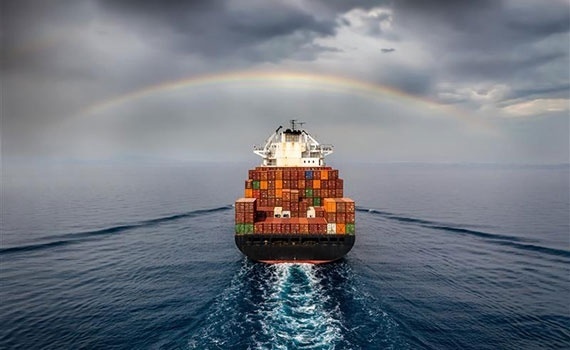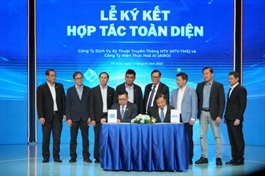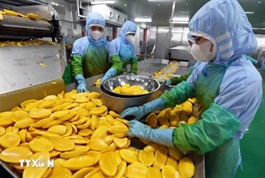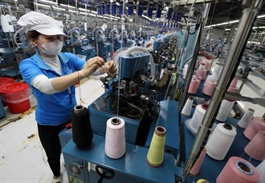Businesses remain upbeat about global trade despite tariff turbulence
Businesses remain upbeat about global trade despite tariff turbulence
Global businesses continue to express confidence in trade prospects over the medium term, according to a report released by the Association of Chartered Certified Accountants (ACCA) on September 30.
The survey gathered insights from more than 500 senior executives and finance professionals across multiple economies during one of the most volatile periods for international trade in decades.
While 85 per cent of respondents said they were concerned about the impact of tariffs on their organisations, 56 per cent still expect their firms to expand global trade “significantly” or “somewhat” over the next three to five years. In contrast, 23 per cent foresee a decline in trade activity. Among senior executives, optimism was stronger, with 38 per cent anticipating a significant increase in international trade and 29 per cent expecting moderate growth.

Tariff hikes and uncertainty can reshape the global trade outlook, but businesses are showing cautious optimism. Photo: ACCA Vietnam |
Jonathan Ashworth, chief economist at ACCA, described 2025 as a defining year for international trade, with the United States imposing its highest import tariffs since the 1930s.
“The global economy has so far proved more resilient than expected to these disruptions, though some slowing is likely over the coming quarters,” he said. “Nevertheless, business leaders remain relatively optimistic about their medium-term trade prospects and overwhelmingly supportive of an open global trading system.”
While confidence remains, the survey found that rising protectionism and geopolitical tensions are the main challenges to trade growth. Participants ranked geopolitical tensions, international or civil conflicts, and protectionist policies in advanced economies as the top three risks to global commerce.
At the same time, technological transformation and supply chain diversification are seen as new avenues for growth. Half of all respondents identified the use of advanced technologies such as AI in facilitating cross-border trade as their biggest opportunity, followed by diversifying production or supplier locations and gaining access to new technologies.
The report indicated that many companies have already adjusted their operations to the changing global trade landscape. Around 60 per cent have relocated parts of their production, investment, or supply chains in recent years, while 61 per cent plan to do so in the near future.
However, such adjustments may increase costs. More than one-third of respondents expect their organisation’s operational costs to rise by over 10 per cent due to changes in trade conditions, and 46 per cent anticipate smaller increases of up to 10 per cent. Only six per cent expect any reduction in costs.
According to the report, these patterns reflect the broader adaptation of global businesses to a more fragmented trading environment, characterised by both heightened risk and emerging technological opportunities.
The ACCA analysis places these findings within a wider economic context. It notes that while trade policy uncertainty in the United States has eased slightly compared with earlier peaks, the international environment continues to be shaped by geopolitical competition, evolving supply networks, and the gradual deceleration of globalisation.
ACCA’s Global Economic Outlook 2025 further highlights that global growth remains steady, supported by ongoing investment and demand, but increasingly influenced by structural changes such as the expansion of AI, the energy transition, and efforts to balance climate targets with economic performance.
In this environment, trade diversification is becoming a key strategic focus for firms worldwide. Many are seeking to strengthen regional partnerships, enhance digital trade facilitation, and develop alternative supply routes. These shifts are expected to influence trade patterns, particularly in manufacturing and high-value services.
Although uncertainties persist, the survey findings show that most businesses continue to regard open and rules-based trading systems as essential to sustaining long-term global growth, even amid renewed protectionist pressures.
- 18:20 08/10/2025



























